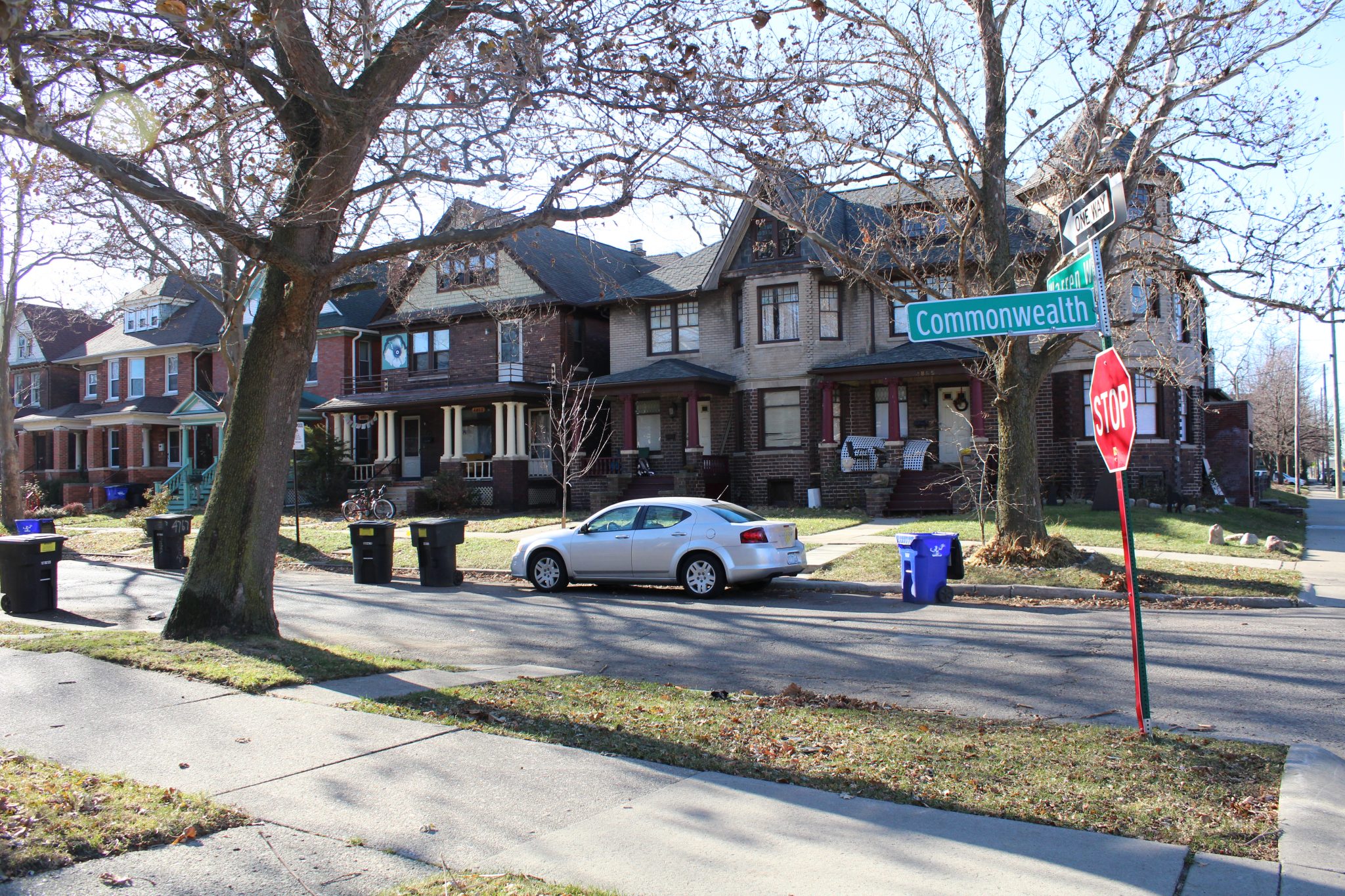Detroit’s Lowest-Valued Homes Continue To Be Over-Assessed, Advocates Say
Economists back research that found one-third of Detroit’s residential properties are being assessed at more than 50% of the home’s value.

Photo Credit: Laura Herberg, WDET
Correction: This story has been updated from a previous version to say the study was authored by Christopher Berry. The economists’ analysis of Berry’s study has also been clarified.
Housing analysts say Detroit is still overtaxing its lowest-valued homes and the assessment disparity has widened in recent years; since re-appraising all of its homes in 2017, Detroit’s lowest-valued homes are still being assessed at four times the rate as highest-valued homes.
Researchers with the Center for Municipal Finance at the University of Chicago Harris School of Public Policy say one-third of Detroit’s residential properties are being assessed at more than 50% of the home’s value, which is above Michigan’s legal threshold. The Duggan administration has challenged that study. But Dr. Andrew Hayashi with the University of Virginia Law School says he and other economists believe the study by professor Christopher Berry checks out. The economists peer reviewed his data, replicated the results and came to the same conclusion.
“The size of the disparities that [Berry] identifies, you just can’t ignore,” he says.
“Until we accept that this problem is continuing, there is absolutely no way to come to a solution to that problem.” –Bernadette Atuahene, Coalition for Property Tax Justice
Bernadette Atuahene, a member of the Coalition for Property Tax Justice, says the over-assessments cause inflated property taxes for the most vulnerable Detroit homeowners. “Until we accept the data, we can’t accept that there’s a problem. Until we accept that this problem is continuing, there is absolutely no way to come to a solution to that problem.”
LaVerne Campbell is a single mother who lost her home to foreclosure. She says she could not keep up with property taxes, so the house was sold at auction.
“I’ve been away from that property for six, almost seven years and it’s still empty. Abandoned. The person has kept up with taxes but the property is ruined. The area is getting ruined. The person that owns the property does not live in the city,” she says.
Earlier this year, Detroit announced residential property values increased by 8% over the last year with growth seen in most neighborhoods. Shortly after the announcement, the city saw a 20% surge of applications to its property tax assistance program.
Detroit City Council President Pro Tem Mary Sheffield says the over-assessments are unconstitutional, but the city cannot use its general fund for property tax relief.
“We need state help. We need to tap into state resources.”
Sheffield says Detroit’s current budget does not set aside money toward programs for affected homeowners, but she says she will advocate to add funding during discussions.
Leaders with the Coalition for Property Tax Justice are calling on Wayne County to stop foreclosures this year. They say it’s “inhumane” to continue the process as over-assessments amid the pandemic continues.
Trusted, accurate, up-to-date
WDET is here to keep you informed on essential information, news and resources related to COVID-19.
This is a stressful, insecure time for many. So it’s more important than ever for you, our listeners and readers, who are able to donate to keep supporting WDET’s mission. Please make a gift today.

